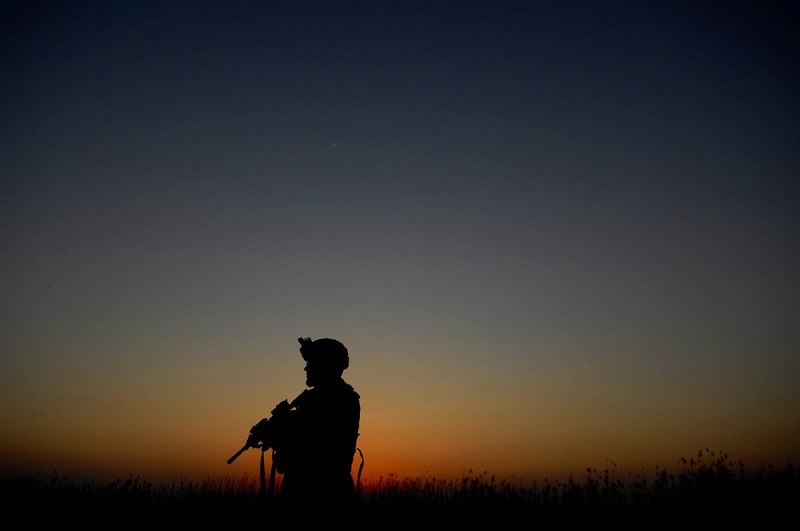The US Mission Tied to Syrian Oil Fields May Prove the Worst of All Strategic Options
Article/Op-Ed in Just Security

Nov. 12, 2019
Joshua Geltzer wrote an article for Just Security on the removal of U.S. troops from Syria and what strategic options are left.
In the wake of President Donald Trump’s abrupt decision to remove U.S. troops from northeastern Syria — where they’d been deterring a Turkish incursion and thus allowing the Syrian Kurds to continue focusing on counter-ISIS operations — Trump has acquiesced in a different U.S. troop presence in Syria: near Kurdish-held oil fields. Defense Secretary Mark Esper has announced that, despite the new location for U.S. troops, their “mission remains unchanged.” That’s a puzzling statement—especially absent any real explanation for what the troops would be doing and why they’d suddenly be doing it based near Syrian oil resources.
This adjusted U.S. military presence in Syria has raised a range of concerns. Some are legal questions about a deployment seemingly focused, at least geographically, on another country’s natural resources. Others are messaging concerns, given how much this action “plays into toxic Middle Eastern conspiracy theories” of Americans’ desire to profit from Middle Eastern oil, as top U.S. diplomat Bill Roebuck warned in a leaked memo that revealed just how hard America’s diplomats had been working to explain U.S. policy decisions to our partners before Trump’s abrupt pivot. And still others are concerns about the fundamentally irrational nature of this approach. In that respect, I suggested that the linkage between a continued U.S. troop presence in Syria and oil wealth is an exercise designed to elicit Trump’s acquiesce in a continued presence of U.S. forces—hardly a rational approach to national security decision-making.
Despite all of these concerns, my instinct, at least initially, nonetheless had been to regard the continued U.S. troop presence in Syria as making a bad situation less bad, namely by mitigating the effects of Trump’s disastrous and utterly unnecessary withdrawal of U.S. troops from a different part of Syria. It seemed, upon preliminary consideration, that having some U.S. troops somewhere in Syria to fight ISIS could at least help with preventing the group’s resurgence, maintaining some influence over Syria’s future, and facilitating targeted operations like the one that eliminated ISIS leader Abu Bakr al-Baghdadi—among other potential advantages.